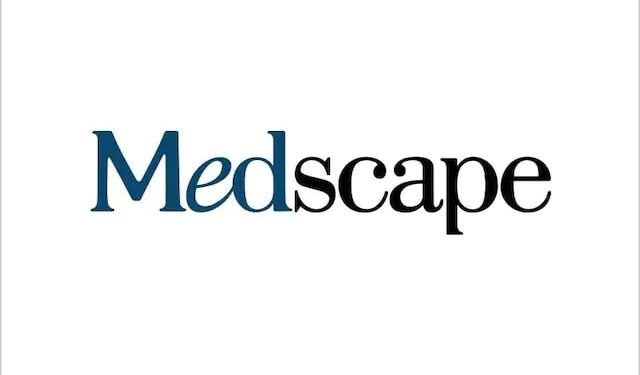TOPLINE:
Sleep disturbances, such as initial insomnia and nocturnal awakenings, were significantly associated with an increased risk for depression in patients with binge eating disorder (BED), but night eating patterns were not, a new study showed.
METHODOLOGY:
- Researchers analyzed 153 participants aged 18-62 years (mean age, 36 years) diagnosed with BED and enrolled in the US Binge Eating Treatment and Recovery program between 2020 and 2023.
- Participants were assessed for major depressive disorder using the Patient Health Questionnaire-9, for eating psychopathology using the Eating Disorder Examination Questionnaire, and for night eating syndrome using the Night Eating Questionnaire.
- Investigators assessed the potential association between depression and the eating disturbances of evening hyperphagia (consuming > 25% of daily caloric intake after dinner) and nocturnal ingestion, as well as the sleep disturbances of initial insomnia and nocturnal awakenings.
TAKEAWAY:
- Nearly 41% of participants reported experiencing evening hyperphagia. Of the 49% who reported waking up at night at least once weekly, 42% reported no food intake during these episodes.
- Initial insomnia and nocturnal awakenings both significantly predicted depression (P < .01 and P < .05, respectively), whereas the association between depression and evening hyperphagia became nonsignificant when the analysis was adjusted for sleep disturbances.
- Nocturnal ingestion was not significantly associated with depression, suggesting that the timing of awakening rather than binge eating behavior may have driven the risk for depression, the investigators noted.
- Suicidal ideation was significantly negatively correlated with age and significantly positively correlated with initial insomnia.
IN PRACTICE:
“Our results suggest we should broaden our focus when working with patients with BED, assessing not only eating but also sleeping patterns, including potential reasons for disrupted sleep, and implementing subsequent sleep-related interventions,” the investigators wrote.
SOURCE:
This study was led by Mina Velimirović, University of Novi Sad, Novi Sad, Serbia. It was published online on July 30 in the Journal of Psychiatric Research.
LIMITATIONS:
This study did not control for binge eating and relied exclusively on self-report measures and single-item measures for sleep disturbances. The sample consisted primarily of White women and individuals seeking treatment at higher levels of care, potentially limiting generalizability. Additionally, the cross-sectional design hindered the determination of the exact nature of the relationship between depression and disrupted eating and sleep patterns.
DISCLOSURES:
This study was funded in part by the Institute of International Education. One investigator reported receiving consulting fees from the Training Institute for Child and Adolescent Eating Disorders, LLC, and royalties from Routledge. The other researchers reported having no relevant financial relationships.
This article was created using several editorial tools, including AI, as part of the process. Human editors reviewed this content before publication.
Source link : https://www.medscape.com/viewarticle/sleep-disruption-tied-depression-binge-eating-disorder-2025a1000lbo?src=rss
Author :
Publish date : 2025-08-12 11:15:00
Copyright for syndicated content belongs to the linked Source.






